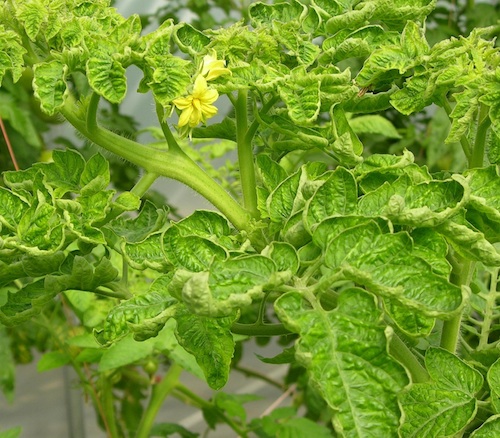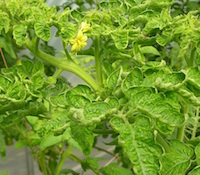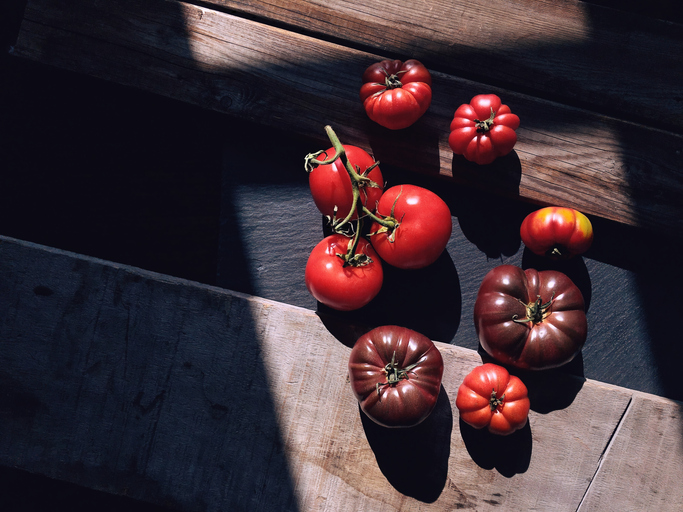The same fungal, bacteria and viral diseases that affect vegetable farmers can have the same detrimental impact on backyard gardeners’ spring and fall gardens.
Whether it’s a disease like phytophthora that strikes in wet years or a virus like tomato yellow leaf curl that thrives during warmer conditions, these common pests can undermine months of hard work. To avoid these culprits, University of Georgia Extension vegetable horticulturist Timothy Coolong encourages gardeners to select vegetable varieties that are resistant to common diseases and to look for signs of disease early in the season.
“There are some chemicals available to the homeowner, but they are generally not nearly as effective as those available to commercial growers,” Coolong said. “Because of that and (because) of the extreme insect and disease pressure we have, homeowners are probably going to want to combine a resistant variety with a spray program.”
Tomato varieties with resistance to nematodes or fusarium and verticillium wilt are commonly available for home gardens. Most plants or seeds will have a disease resistance labeling that includes code letters for certain diseases. This can be a useful tool to help gardeners grow a more successful crop.
Viral diseases tend to be more prevalent in the fall because of increased populations of insects that transmit plant diseases such as thrips, whiteflies and aphids. But these diseases can also damage tomatoes and many other popular garden vegetables like squash and cucumbers, Coolong said.
“Once you get these viruses in a plant, there’s not much you can do about them,” he said. “Really the best way to manage those viruses is to control the insect vector, or to incorporate resistance to those viruses into the crop.”
Viruses aren’t as much of a problem during the spring because cooler weather keeps insects less active. But gardeners should plan ahead to control aphids, thrips and white flies or plant resistant varieties. For some crops, like yellow squash, there are several good virus resistant varieties available.
Before buying seeds or transplants, visit the UGA College of Agricultural and Environmental Sciences publication website at caes.uga.edu/publications to find varieties recommended for each part of the state and see which diseases to guard against. Search by vegetable to find the proper publication.
For more gardening help, call your local UGA Extension office at 1-800-ASKUGA1.










